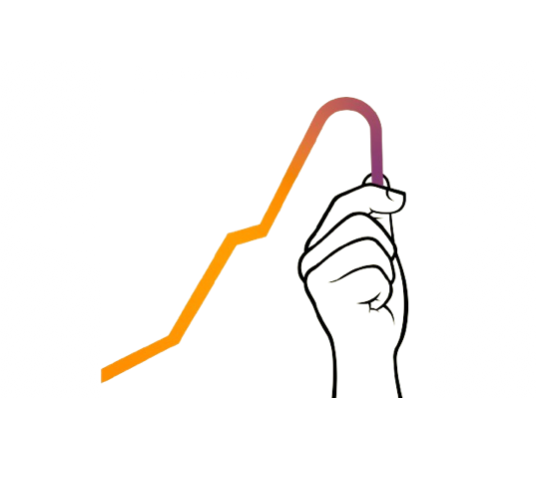Everyone’s lives will be impacted by climate change. But what about the people and communities already disproportionately experiencing the effects of inequitable systems? It is obvious that climate change gonna affect every one of us on the planet but its effect will not be the same for all. It affects different people differently on the basis of various factors which are majorly based on social responsibilities, especially cultural and social norms. Also, most of these social norms are been defined by genders. The lesbian, gay, bisexual, transgender, queer, intersex, asexual and (LGBTQIA+) community is one such group, which, because of its social vulnerability, is a hidden victim of climate change to a wide extent. LGBTQ+ people are more vulnerable to the to the harmful impacts of warming planet. It is obvious that they more vulnerable to exclusion, violence and exploitation because of the cumulative impacts of social stigma, discrimination and hatred. They are more likely to be living on lower incomes, to experience homelessness, and have limited access to healthcare. People who identify as LGBTQ+ as well as indigenous, black and as a people of color will likely be hit even harder. They are also forced to leave their homes due to conflicts with the family or violence and abuse.
On a macro scale, those with more economic power or those with a financial means can more easily pay a money for restricted supplies of food and water, pack up a vehicle and drive out of town in case of extreme weather, or rebuild after an extreme weather event. They also probably have more access to information channels in cases of emergency.
Conversely, those living on lower incomes simply do not. They have fewer financial alternatives with less access to capital. They cannot easily help their family with income. simply put, they face increased risk under the same set of circumstances as those with more privilege.
Trans people tend to face financial challenges that stem from discrimination and intolerance. It can be challenging to them to find workplaces that are safe and welcoming to them. According to various reports, in the U.S., thirty percent of trans people report being mistreated in their workplace. The unemployment rate of trans people is three times higher that of the general population and this puts LGBTQ+ populations at greater risk of poverty and homelessness, making them more vulnerable to the effects of climate change.
Trans people also face barriers and discrimination in the healthcare system: one in four transgender people report having avoided medical care in the past year out of fear of being disrespected or mistreated. This not only puts them at increased financial risk, but also increases exposure to effects of climate change, which include spread of illnesses and harmful effects from poor air quality and pollution.
During an interview with International commission of jurists (JSI), a transwomen from Chennai said:
“with the upcoming monsoons, there will be a heavy rains in Chennai and my house will be flooded, because of which I can’t even invite any of my friends from the community to my home, it’s very difficult to get a house in the city, for a transgender person and to make house-owners to understand. Hence whatever be the issue i’ll stick with my this house because i have some understanding with its owner.”
Also, prior to a disaster, members of the LGBTQ+ community don’t have access to the same assets and resources that general population have. The roots of climate change are tied with the roots of multiple oppressions. Climate change raises the hardships of trans and queer people worldwide. We all know that queer community has struggled for the longest time for their right and visibility. Hence, they possess a strong urge to fight and knowledge of climate change.
To achieve the safety and justice for the LGBTQ+ community, climate justice must be given to them. And for that, queer liberation and our youth must come together and lift up in movements that addresses environmental crisis.

